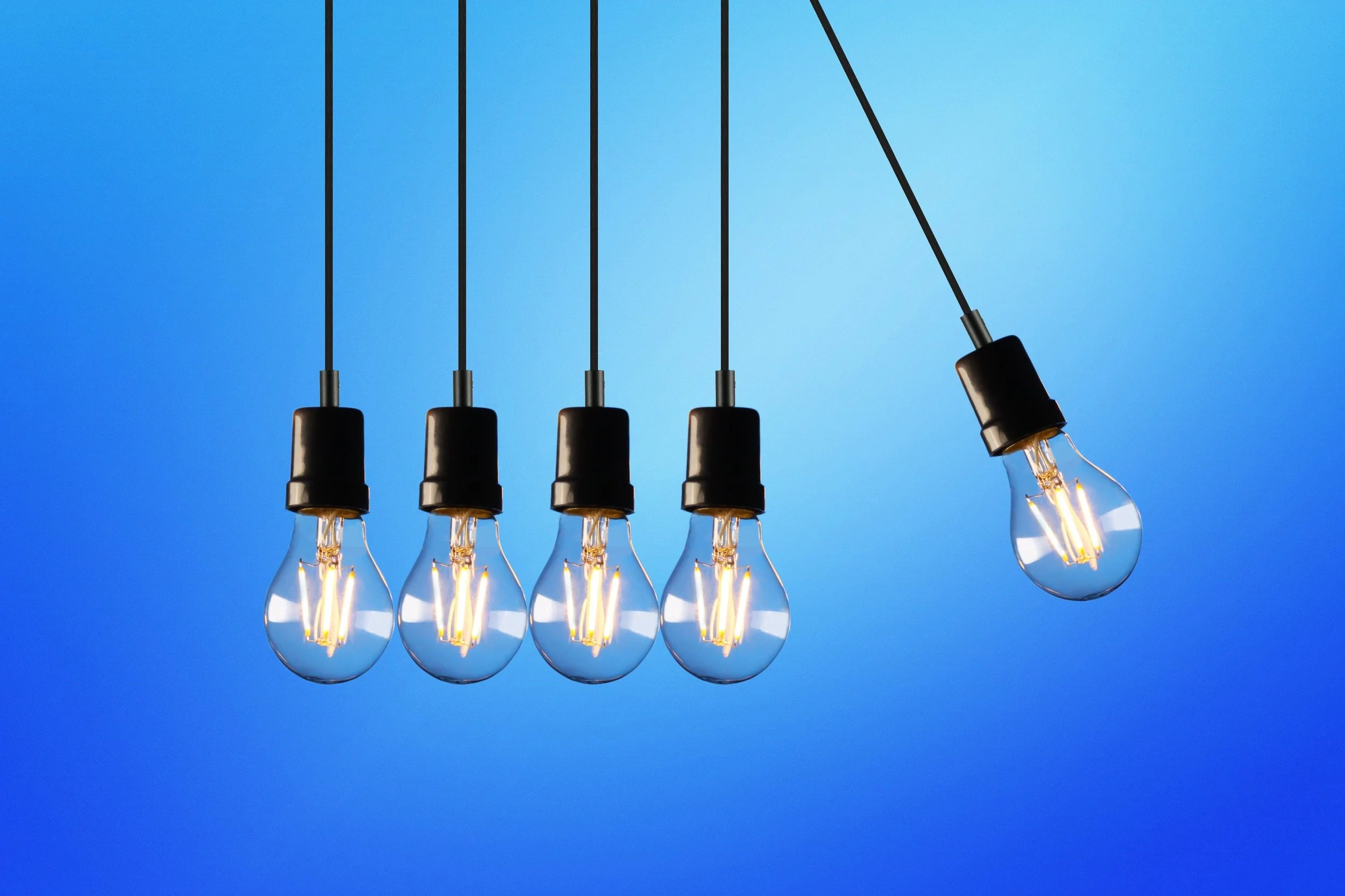Living Greener, Smarter, Better
How Smart Technology Is Saving The Environment
By Morgen Henderson
Technology is changing almost faster than we can keep up, with new smart technologies changing the way we live and work, an endless stream of helpful new apps to add to our phones, and the growth of artificial intelligence improving how we use information. Besides making our lives easier, it’s also helping us live greener and live better.
Saving Energy
It may be surprising to some that smart devices are helping us to not only simplify our lives but also to save the environment. Smart home devices conserve energy by using artificial intelligence to shut off power to devices that aren’t in use. Smart appliances like refrigerators can send you an email if the door is ajar, or if your cheese is about to expire.
These smart home devices can also optimize your thermostat or power use so you’re not consuming energy when you’re not at home. Thermostats and smart bulbs can be programmed to turn on and off at certain times, and some can automatically adjust by detecting activity in the room. It’s a great way to know that if someone’s burning the midnight oil, they’re not wasting it.
Conserving Resources
Just as your appliances can let you know of an energy-wasting problem, they can also email you if they have a part that’s about to wear out (imagine if our bodies could do that). It not only saves you money on replacing expensive appliances but allows you to fix problems before your major appliance ends up in a landfill.
And how many times have you seen someone’s sprinklers running right after a downpour? Smart sprinkler systems help regulate how much water you’re consuming by adjusting according to the weather, optimizing not only your water bill but also the impact on the community water supply.
Green buildings that are constructed to best harness and implement natural lighting will drastically reduce expensive lighting costs and reduce the consumption of coal needed to power that lighting. Since electric power accounted for almost 93% of coal consumption in the U.S. in 2017, there’s a great deal of potential to reduce that impact.
Eliminating Waste
Credit: Rodolfo Clix, Pexels
While we haven’t become the paperless society of early predictions, screen technology offers an alternative to pen and paper for communication and projects and an alternative to printed materials through the growing media field that includes ebooks and audiobooks. Streaming media services are reducing the demand for producing DVDs and all the wasteful packaging that goes along with it.
Technology is also being harnessed to help prevent food waste, working to keep food out of landfills by keeping better track of it at all levels, from the farm to the table. With up to a third of the world’s food resources thrown out, data collection technology has the potential to greatly reduce that figure.
Data collection and analysis can help charities communicate with partners like grocery stores and restaurants to direct surplus items to people who need them. Innovations in biofuel digesters are putting food waste to use in creating new energy. Within the home, smart refrigerators are helping families keep better track of their food resources, including expiration dates, some even offering recipes using food that is about to expire.
Making Us Smarter
Our kids are learning in smarter classrooms that are designed around creating greater interaction and active participation, often incorporating smart projectors, smart whiteboards, and personal digital devices. Schools are building or upgrading to classrooms that are better at conserving energy and creating a more comfortable learning space, including smarter climate control and lighting that mimics natural daylight, improving alertness, and providing an opportunity to teach students about conservation and environmental resources.
Technology is also helping us to work smarter, giving us better ways to analyze data, improve workflow, streamline supply chains, identify problems faster, improve production processes, and more. Less waste in the system means more sustainable practices all around.
Making Us Healthier
The ways in which technology is helping people to become healthier are becoming countless, starting with simple phone apps that can help people meditate, motivate them to drink more water and eat better, and encourage exercise. In our homes, smart bulbs can change or reduce blue light during certain times, which can help improve sleep patterns as well as protect your vision.
Continual advances in medical technology, including the introduction of artificial intelligence into medicine, is helping to improve diagnoses and treatment options, pinpoint accuracy of treatments such as radiation therapy, and recognize early patterns of degeneration. These new technologies are offering physicians and other care providers more targeted information and helping them to provide better outcomes in treating their patients.
Healthier people have more capacity to work smarter, shop smarter, play smarter, and think smarter when it comes to the environment – which can only lead toward even more ways of saving the planet.
Source: EarthTalk





